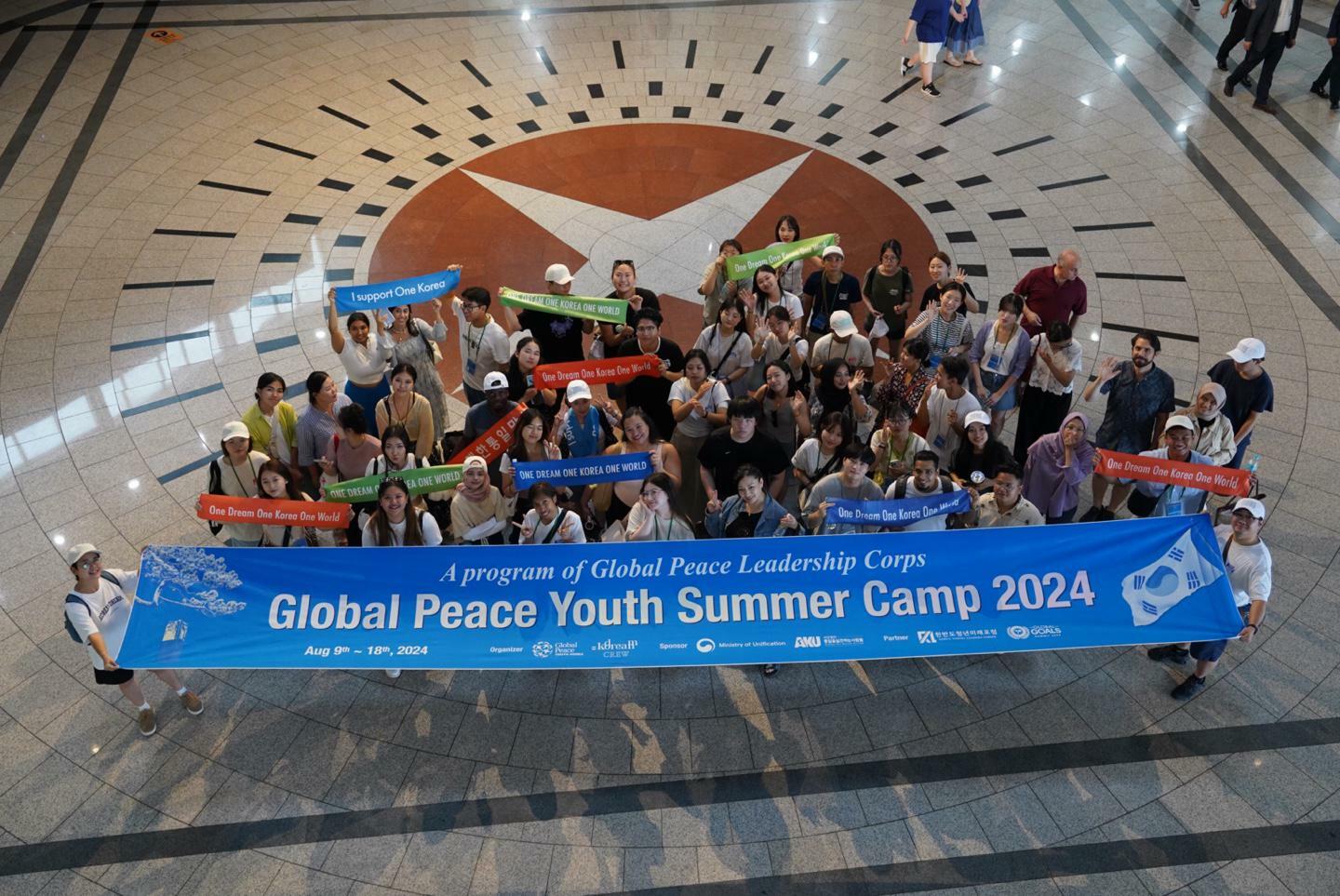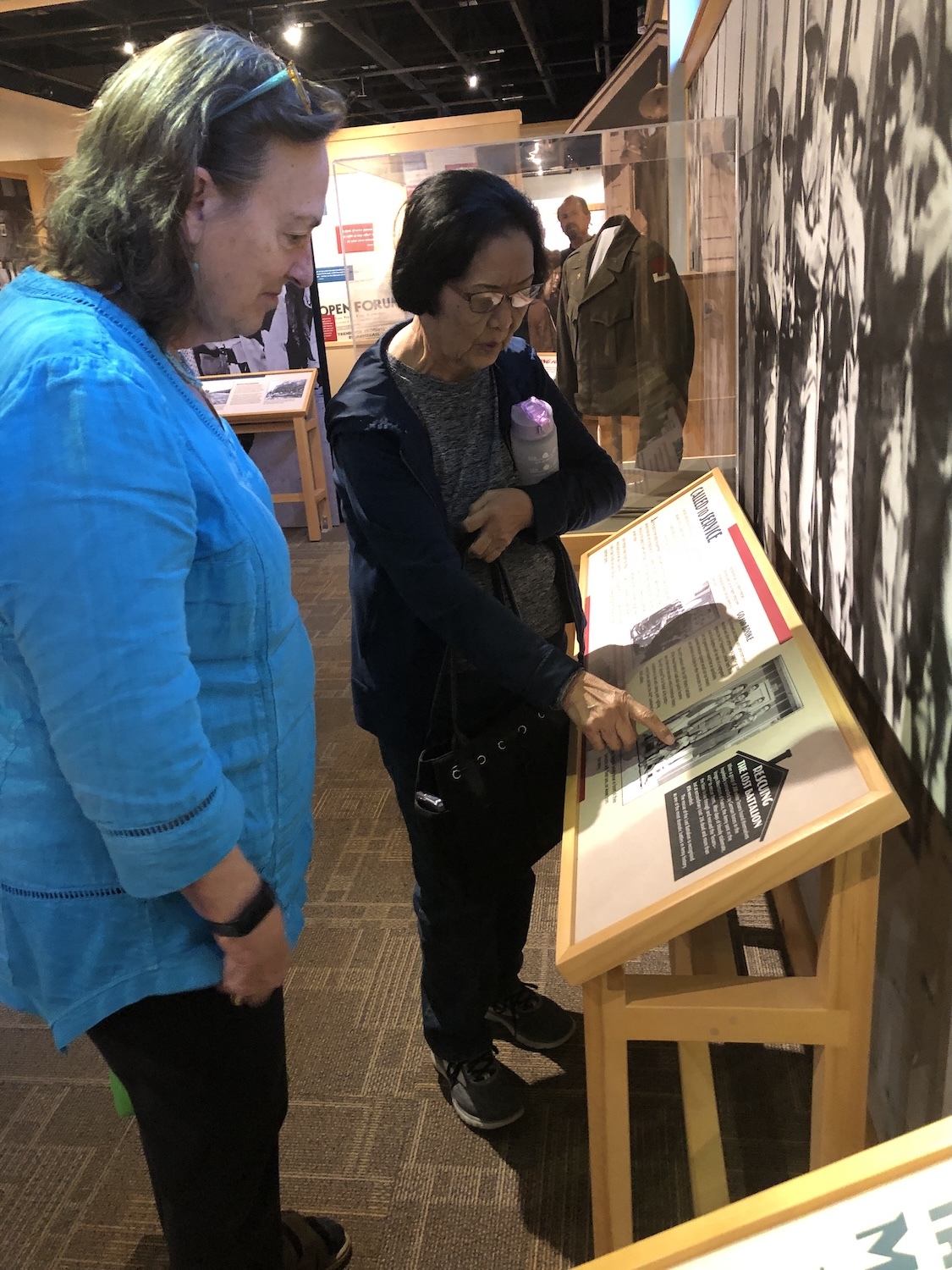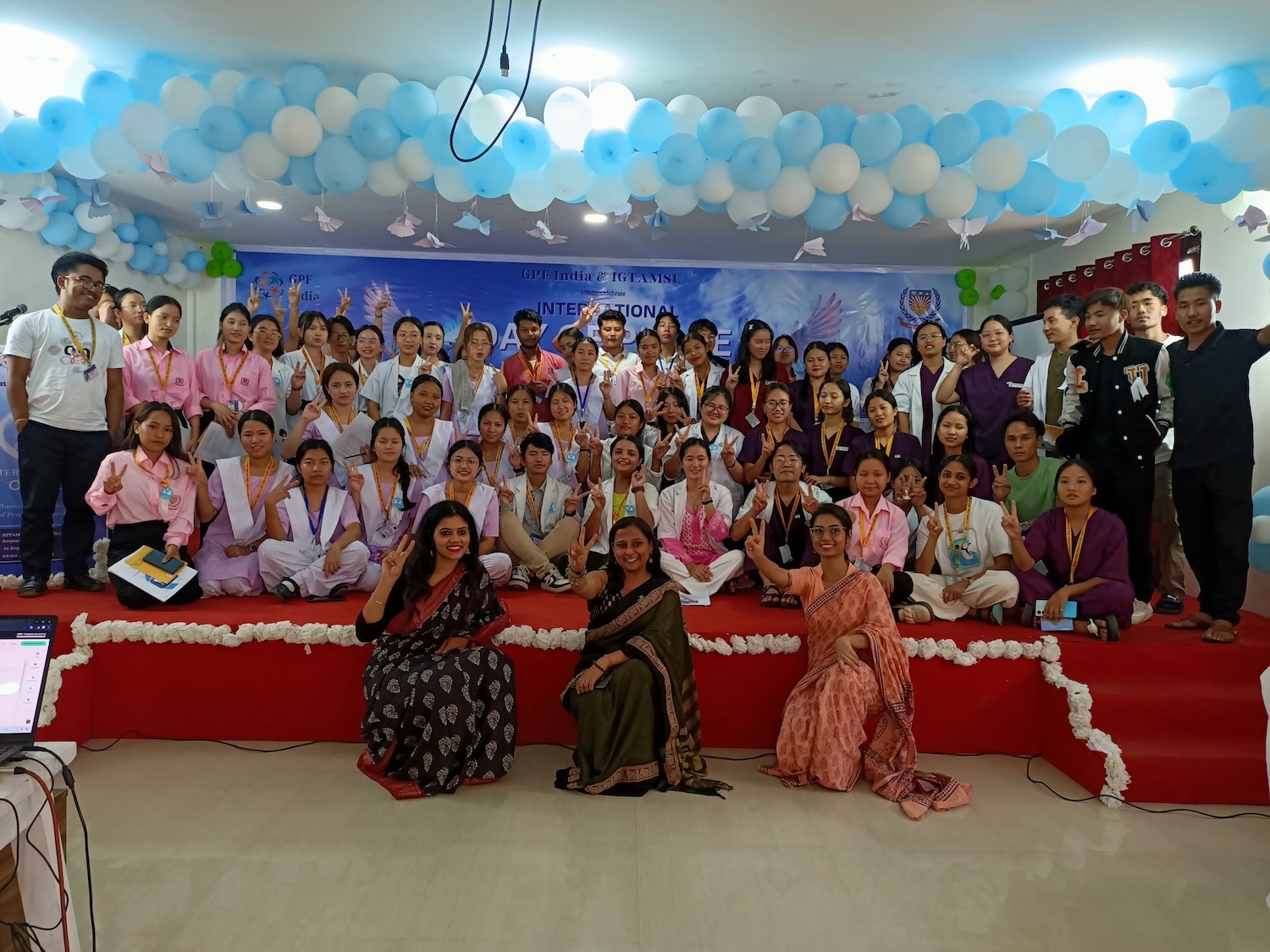The following story is the first in a three-part series covering the captivating experience of Russian-American Vladimir Somov’s solo trip to a country shrouded in mystery and controversy: North Korea. Somov is a first-generation American descended from parents who grew up in the Soviet Union before moving to the United States. Equipped with fluency in both the English and Russian languages, he was the first American high school student to visit North Korea in the summer of 2019 through a Russian airline.
As the wheels touched down in Pyongyang, the capital of North Korea, I had no idea what awaited me. I had just arrived in the most reclusive country in the world by myself as the first American high school student to visit North Korea.
It all started with a matter-of-fact phrase that my mother, a journalist, dropped on me upon her return from a North Korean work trip a couple of years ago. “North Korea is the only place left on earth that is so reminiscent of the Soviet Union,” she said. Both of my parents grew up in the Soviet Union before moving to the US, where I was born. I immediately thought to myself, I really want to see this country to somehow try to understand where my parents came from, and what they lived through. I wanted to understand my roots. Although US President Donald Trump imposed a travel ban on North Korea, my dual citizenship allowed me to travel on my Russian passport for a week in the summer of 2019.
The week in North Korea ended up being both the shortest and longest week of my life, as I was challenged to understand a whole different society and culture.
Arriving in North Korea
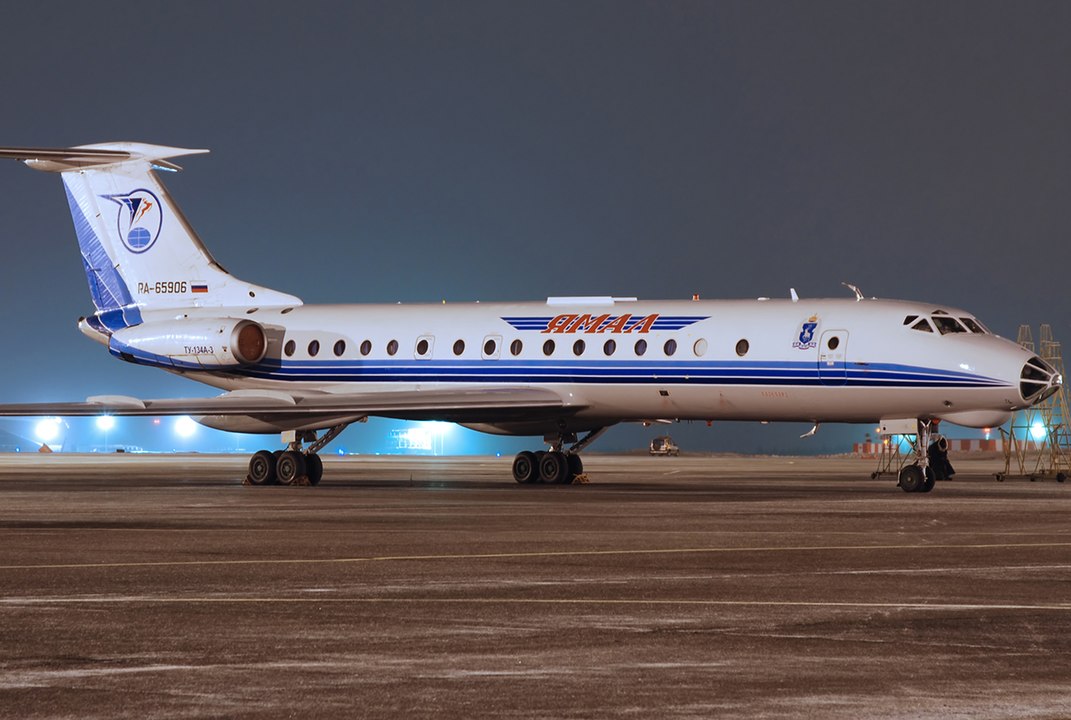
A Tupolev Manufactured TU-134A-3 (Photo Credit: Aleksandr Markin)
I flew to Pyongyang on a North Korean airline onboard an old Russian TU-134 aircraft. There are only two ways to get to North Korea: from China or from Russia. The plane looked so old that I was afraid it would fall apart during the flight. My fellow travelers were mostly Russian tourists and North Koreans who worked in Russia. One of the plane’s bathrooms was not operational because it was filled with suitcases owned by North Koreans who were carrying goods back into their country.
Stepping off the plane, I noticed just how few other planes there were at the airport. The only people in the entire airport were the other passengers traveling with me and the staff. It amounted to just over thirty people. I was the only American there who was passing for a Russian.
The airport looked sleek and modern at first glance. However, there were no kiosks for souvenirs, no stores selling clothing, and no food courts. And it was eerily quiet. It was then that I noticed a phalanx of male and female security guards, armed with assault rifles and other weaponry.
After getting questioned at passport control, a guard escorted me to the security zone where all of my bags were sent through standard metal detectors. Afterward, two guards took me aside and forced me to empty the contents of my bags and pockets. Worried about the prospect of unpleasant consequences, I complied. The guards searched through every page of every book I brought, including my SAT prep books and Henry Kissinger’s “On China.” They wanted to make sure that I was not bringing in anything illegal, or any anti-North Korea and anti-Kim Jong Un propaganda. They also checked my phone to make sure I did not have any anti-North Korea photos or movies like “The Interview,” the political satire about North Korea.
At that point, two people appeared and introduced themselves as Mr. Ham and Ms. Kim, saying they would be my guides for the duration of my trip. I would not be able to do anything alone during my stay, they said, adding that they had created an agenda for me. Specifically, they would be taking me to see landmarks, the demilitarized border (DMZ) between North and South Korea, the Museums of Gifts and Victory, and a tour of the capital.
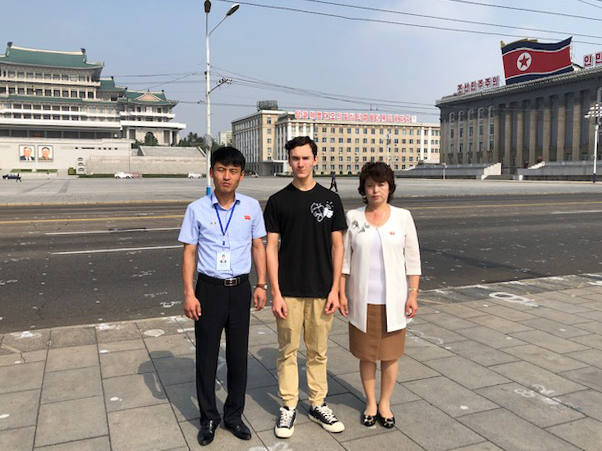
Vladimir with Mr. Ham and Ms. Kim, his guide during his stay in North Korea. (Photo credit: Vladimir Somov)
It was all more than a little uncomfortable and surreal enough to make me wonder if they were going to watch me sleep as well. For a brief moment, I thought that the idea to visit the world’s only remaining USSR-like place might have been ill-conceived…
The story continues in Part 2: Border of Two Worlds
More on the Author
Vladimir Somov has traveled internationally from a very young age and developed a keen interest in foreign affairs, international relations, and politics. While bilingual in both Russian and English, he is also familiar with French and Korean. Somov is currently a primary researcher for an upcoming book on North Korea and US-North Korean relations by Dr. Tony Namkung, a prominent expert on North Korea and a White House advisor. He also works as a Junior Editor for his school newspaper and is the Founder and President of St. Albans School’s Russian-Asian International and Cultural Affairs Club.

